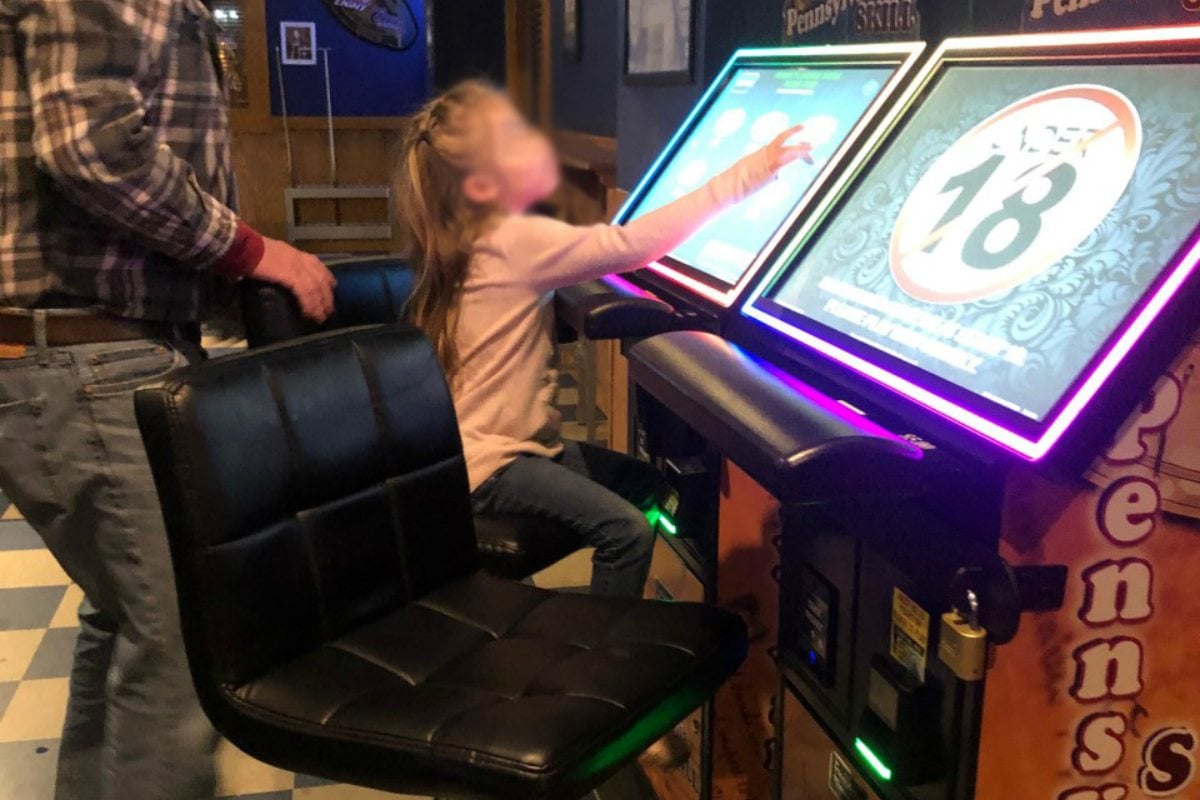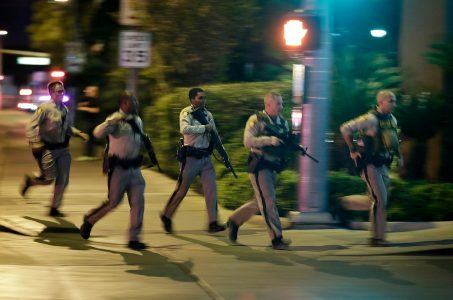Campaign Against Pennsylvania Skill Gaming Machines Intensifies During Pandemic
Posted on: June 1, 2020, 01:56h.
Last updated on: June 1, 2020, 02:35h.
Pennsylvania skill gaming machines have largely continued to operate during the state’s shutdown over the past two and a half months. As the Commonwealth slowly begins to reopen, opponents to the controversial terminals are demanding action.

Pennsylvanians Against Illegal Gambling (PAIG) is the group behind a radio campaign telling listeners why the skill gaming machines must be turned off. Commonly found in restaurants and bars, convenience stores, gas stations, and even standalone storefronts that exist simply as skill gaming centers, the devices have allowed customers to continue testing their luck during the COVID-19 pandemic.
All 12 Pennsylvania casinos have been closed since March 16. The state Lottery has continued to operate, but revenues have declined.
The Pennsylvania Lottery benefits older Keystone State residents by providing seniors with property tax rebates, meal programs, senior centers, and prescription assistance.
Thirty-four percent of regulated slot machine revenue inside licensed casinos goes to property tax relief for all Pennsylvanians. Casino win additionally supports the horse racing industry, the Economic Development and Tourism Fund, and local and county governments.
No Public Benefit
PAIG argues in its radio spots, which have increased in frequency as of late, that the skill gaming devices are not regulated by the Pennsylvania Gaming Control Board, and therefore do not pay taxes.
Profits are split between the host establishment, gaming manufacturer, and supplier. PAIG estimates that there are 20,000 skill gaming terminals operating across the state, and they are annually costing the state $200 million. The Pennsylvania Lottery projects it loses approximately $2,284 per machine, per month.
At a time in which Pennsylvania casinos have made the difficult but appropriate decision to shut down to protect the health of their patrons, employees, and the public, these machines continue to attract gamblers of all ages,” said PAIG spokesperson Peter Shelly. “You don’t have to be a health expert to know that the extended period of times in which players interact with these machines could accelerate the spread of coronavirus to some of our most vulnerable citizens.”
Along with the 12 brick-and-mortar casinos, licensed video lottery terminals (VLT) located inside truck stops have been required to turn off during the coronavirus pandemic.
Skill Gaming Legality
The legal battle continues over whether skill gaming machines are legal in Pennsylvania.
Here’s how they work: A skill gaming player places a wager and the reels spin. But instead of a winning payline automatically paying out – as is the case on a slot machine – a skill gaming player must tap the winning combination, hence the “skill” component.
Skill gaming machines aren’t regulated, so players have no idea what the payout percentage is. For licensed and regulated slots and VGTs, the terminals must return a minimum 85 percent payout rate.
Governor Tom Wolf (D) says skill gaming is illegal. In his “Life Sustaining Business FAQs document,” he answers the question, “May I operate a Game of Skill in my business?”
“The Commonwealth’s consistent position is that so-called Games of Skill are illegal gambling devices and not authorized anywhere,” Wolf states. “Operation of these machines during the current health emergency encourages people to congregate unnecessarily and is prohibited. Any business operating, servicing, or otherwise maintaining a Game of Skill is subject to enforcement.”
Lawsuits have held up police seizures of the machines. Earlier this year, Superior Court Judge Patricia McCullough said the terminals are “not subject to the Gaming Act” because the casino law doesn’t govern unlawful gambling. PAIG is calling on state lawmakers to pass legislation that deems such devices that fall outside of the Gaming Act as illegal.
Related News Articles
Nevada Sex Worker Claims Innocence After Arrest for Brothel Shooting
Natalee Holloway Suspect ‘Took Care of Things’ After Disappearance
Most Popular
VEGAS MYTHS BUSTED: Golden Gate is the Oldest Casino in Vegas
Las Vegas Overstated F1 Race’s Vegas Impact — Report
Most Commented
-
End of the Line for Las Vegas Monorail
— April 5, 2024 — 90 Comments -
Mega Millions Reportedly Mulling Substantial Ticket Price Increase
— April 16, 2024 — 6 Comments -
Long Island Casino Opponents Love New York Licensing Delays
— March 27, 2024 — 5 Comments
















Last Comments ( 4 )
If they are game of Skill. I would like to meet with you and have you show me how you win majority of time. I am sure with your knowledge of the machines. That would not be a problem
A lot has been made about so called skill games. What I can not understand is why don’t the IRS get these guys They have been avoiding taxes for years Here’s how If you make over $500 you are required to pay taxes on any labor income. (Since the manufactures claim this is skill.) Problem is the manufacturers have decided that they don’t want to comply. So they make a program that avoids any single voucher over $500 and just prints multiple tickets, regardless of the amount won. Example ($15k which is won but machine spit out 30 $500 vouchers to purposefully avoid any taxes.) This is obvious tax evasion and fraud. One manufacturer who’s machines just got seized again in PA actually charge for this feature as an add on.
How is putting money in a machine, and hoping to get more money out of the machine, in whatever form is comes in, a ticket to cash or a card to keep playing, not gambling. Whether you use "skill" to win or lose, you're still taking a chance, and to me that's gambling.
Games of skill are not gambling !!! Those who attempt to confuse the public that games of skill is gambling, including this organization that is posting this campaign are obviously motivated by a hidden agenda. Many business operations do not necessarily contribute to the public directly, however, if they pay taxes as a business they do !!! Your organization makes claims that even lacks basic logic. You are obviously hired by those with pockets that are being stuffed with benefits from the gambling industry. If you fail to understand the difference between a game of chance and a game of skill, go to law school first before you speak.Please advise those who hired you that your agenda is very clear !